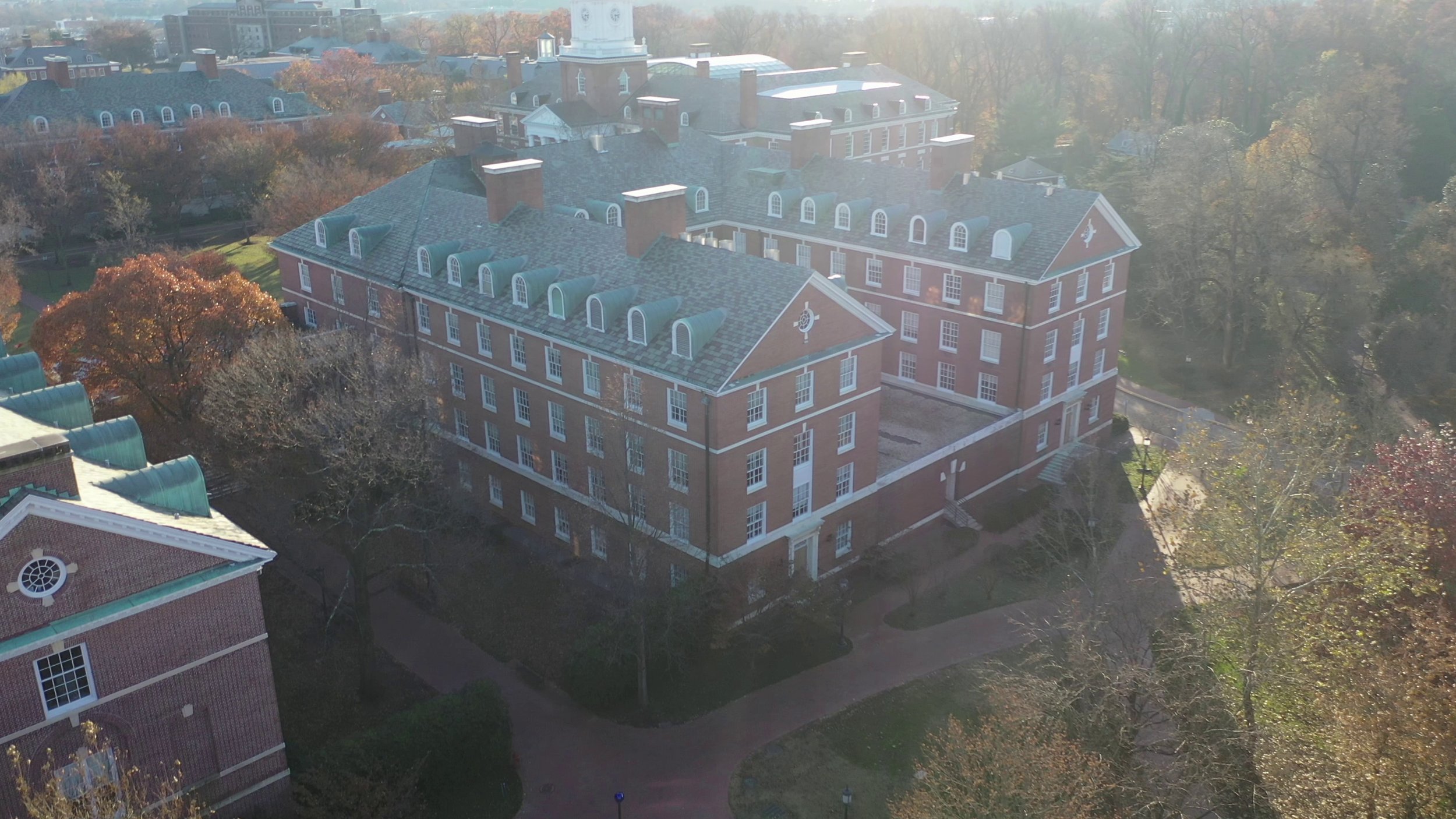
Admissions Interviews.
Insights from a former director of admissions
My experience as a director of admissions & admissions officer:
Should you participate in an admissions interview?
If they’re offered, absolutely! First, it may play into demonstrated interest (see the video below). Obviously, not every college takes demonstrated interest into account, but for those that do AND offer interviews, it’s almost universally expected. I’ve heard plenty of stories of students visiting, attending college fairs and meeting with reps, seeing them when they visit their school, opening and clicking emails, and applying early action — but when they’re deferred or waitlisted and we ask what else they could have done, AOs often say: “The student should have interviewed.”
Even for those that don’t take demonstrated interest into account, though, it’s a great way to interact with another person with a tie to that institution.
Interviews are (usually) divided into two programs: evaluative and informational/conversational.
Evaluative: for these interviews, the interviewer (sometimes an alum, sometimes an AO) is evaluating you, from how you’re interacting in the conversation to the content of the interview. They typically have a rubric they’re completing afterward to answer questions about what’s important to the institution. For example, when I was director of admissions at Swarthmore, our interviewers were assessing their knowledge of a student’s academics, personal qualities, and intellectual curiosity. Intellectual curiosity is important to many highly selective schools - and especially, top liberal arts colleges, which is why it was part of the assessment.
Informational/conversational: these interviews are not evaluative. Instead, they’re offered so that you can talk with another community member. Sometimes, the admissions office sees this as an extension of their recruitment process - if your conversation, for example, sparks your interest, perhaps you will consider applying Early Decision, or maybe it’ll convince you to yield when you’re admitted. Other times, it’s just a way to engage retired alumni in another college program.
Interviewer: this is typically one of three people: alumnus, admissions officer, or current student. Of course, it could be a faculty member or someone else, but that’s fairly rare:
Alumnus: this is probably most prevalent. Alumni Interview programs are pretty popular - we had them at both Vanderbilt and Swarthmore. Typically, there’s a way to express your interest and/or sign up directly for an interview, and then you can schedule the interview directly with the alum. These days, they’re usually held over Zoom, but they could still be held in person (at a coffee shop, for example). You should never agree to meet an alum at their home or other private place.
Admissions Officer: I’ve conducted my fair share of admissions interviews over the years. At least in my case, there was absolutely not difference when I interviewed a student and when someone else did (current student or alum). It was almost the luck of the draw for students, so don’t read too much into this. And AOs are people, too! Just relax if you’re interviewing with an AO.
Current student: we had this program when I was at Swarthmore. We called them, “Admissions Fellows,” and they were trained seniors who conducted interviews for us in the summer and fall. They had the same expectations as others, but it was probably a better experience for prospective students since it was a peer.
So what do they actually ask in an interview? This certainly depends on the college and person, but in general, they’re going to ask about:
Academics - like what’s your favorite class? What do you want your major to be in college? Why? If you could change anything about your high school, what would that be, and why?
Personal - how do you spend your time outside the classroom? What’s your favorite club or activity? Do you have any hobbies?
Intellectual curiosity - what’s something you read or watch lately that sparked your interest? If you had a favorite book or documentary, what would be that be? Why?
They will also ask if you have any questions for them. Be sure to have a few you want to ask - and not things that can easily be Googled. You should try to ask about their personal experience at the college, if possible.
Deadlines: this is something that’s often missed by students. A lot of these interview programs have earlier deadlines so that interview write-ups can be submitted on time during the review process. I heard plenty of prospective students say, “But I didn’t get an invitation to interview!” Actually, they did, but they just didn’t read their email and act on it. So go to the college’s website, and if you’re pretty sure they offer interviews and don’t see anything listed, reach out to your admissions counselor.
But are there places that actually “invite” a select few to apply? Yes, there are - it’s typically either a) Ivy+ colleges that don’t interview everyone - but for a few applicants (perhaps) on the margins, they want an interview conducted, and b) for merit scholarship consideration.
Ivy+ colleges: some of these colleges will reach out to students in the spring for an interview. I’ve heard this takes place for students on the margins, and I’ve also heard this is common for top international applicants. Does it mean if you don’t hear about an interview that you’ll be denied? Not necessarily. Don’t stress about this. But this is a “thing” and it could happen - so be sure to answer your phone, check your voicemail, and regularly check your email in the winter and spring.
Merit scholarships: this should be publicized on websites, but there are plenty of merit scholarship programs that require an interview. Likely, they won’t interview every applicant, but again, be sure to regularly check your email and voicemail in case they want to get in touch with you to schedule an interview. Once you miss it, it’s likely not going to come back around.